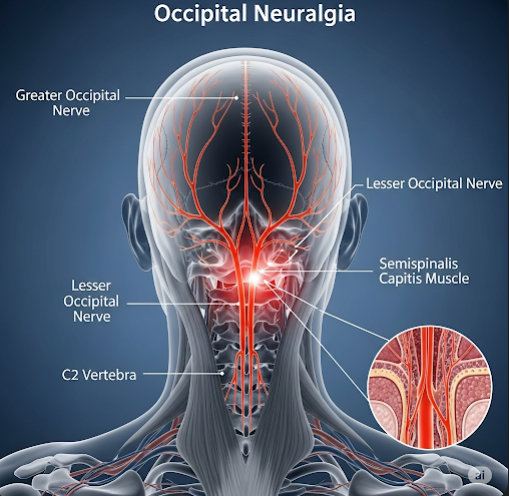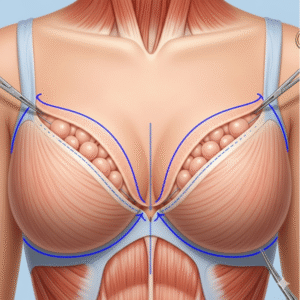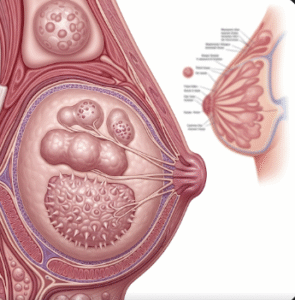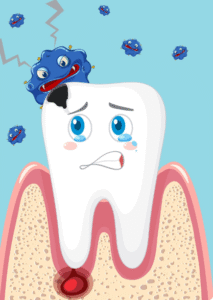Overview
Occipital neuralgia is a neurological condition that causes chronic pain in the back of the head, upper neck, and behind the ears. The pain is due to irritation or injury to the occipital nerves, which run from the top of the spinal cord to the scalp. This condition is often misdiagnosed as a migraine or tension headache due to overlapping symptoms, but it is a distinct medical issue with specific causes and treatments.
Early diagnosis and appropriate management can help reduce pain and improve quality of life.
What is Occipital Neuralgia?
Occipital neuralgia occurs when the greater, lesser, or third occipital nerves are inflamed, pinched, or compressed. These nerves are responsible for transmitting sensation from the scalp to the brain. When irritated, they can send sharp, shooting, or electric-like pain signals, especially when the scalp or neck is touched.
It is often unilateral (one-sided) but can affect both sides of the head. The pain episodes can be brief and intense or persistent and throbbing.
Symptoms
Common symptoms of occipital neuralgia include:
- Sharp, stabbing, or electric-shock-like pain in the back of the head
- Pain behind one or both ears
- Neck pain and stiffness
- Tenderness of the scalp
- Increased sensitivity to touch or light pressure on the head
- Pain with neck movement
- Throbbing ache that mimics migraines or tension headaches
- In some cases, numbness or tingling in the affected area
The pain typically begins at the base of the skull and may radiate up to the scalp or forehead.
Causes
Occipital neuralgia is caused by irritation, compression, or inflammation of the occipital nerves. Common causes include:
- Neck muscle tightness or spasm
- Cervical spine arthritis or degenerative disc disease
- Trauma to the head or neck (e.g., whiplash)
- Nerve entrapment due to tight muscles or fascial structures
- Tumors or infections near the occipital nerves
- Poor posture, especially from prolonged screen use
- Previous surgeries involving the neck or scalp
In many cases, the cause may be unknown (idiopathic).
Risk Factors
People may be more likely to develop occipital neuralgia if they:
- Have chronic neck tension or poor posture
- Have experienced neck trauma or whiplash injuries
- Suffer from cervical arthritis or disc issues
- Work long hours in static head positions (e.g., desk work)
- Have had recent head or neck surgery
- Are living with conditions like diabetes or gout (which affect nerve health)
Complications
While not life-threatening, occipital neuralgia can cause significant distress and impair quality of life if left untreated. Complications may include:
- Chronic pain and disability
- Sleep disturbances due to discomfort
- Reduced concentration or productivity
- Emotional stress, anxiety, or depression
- Medication side effects from prolonged use of painkillers
- Risk of misdiagnosis, leading to ineffective treatments
Prevention
Though not always preventable, the risk of occipital neuralgia may be reduced by:
- Maintaining good posture, especially during screen time
- Taking regular breaks from repetitive neck positions
- Stretching and strengthening neck muscles
- Treating underlying neck issues promptly
- Avoiding trauma to the neck and upper back
- Managing chronic conditions such as arthritis or diabetes effectively
Treatment Options in Korea
South Korea offers modern and effective care for occipital neuralgia through a combination of neurology, pain management, and rehabilitation medicine.
1. Diagnosis
- Clinical examination of pain pattern and sensitivity
- Nerve block test: Injection of anesthetic to confirm nerve involvement
- MRI or CT scan to rule out structural causes (e.g., herniated discs, tumors)
- Ultrasound for nerve visualization (in some clinics)
2. Conservative Treatments
- Medications: Anti-inflammatories, muscle relaxants, nerve pain medications (e.g., gabapentin, amitriptyline)
- Physical therapy: Neck stretches, posture correction, manual therapy
- Hot/cold therapy and massage
- Acupuncture and other alternative therapies for symptom relief
3. Interventional Pain Management
- Occipital nerve blocks: Local anesthetic and steroid injections
- Botox injections: In select chronic cases
- Pulsed radiofrequency therapy: Minimally invasive technique to reduce nerve sensitivity
4. Surgical Options (for severe, treatment-resistant cases)
- Occipital nerve decompression surgery
- Occipital nerve stimulation (ONS): Implantable device that blocks pain signals
5. Leading Hospitals in Korea for Neurology & Pain Management
- Seoul National University Hospital – Neurology & Pain Clinic
- Samsung Medical Center – Department of Rehabilitation Medicine
- Asan Medical Center – Spine and Nerve Center
- Severance Hospital (Yonsei University) – Comprehensive Pain Center
- Korea University Anam Hospital – Neurological Pain Treatment Unit
These institutions offer:
- Multidisciplinary diagnosis and treatment
- Minimally invasive procedures with high success rates
- Advanced imaging for nerve visualization
- Multilingual support for international patients













